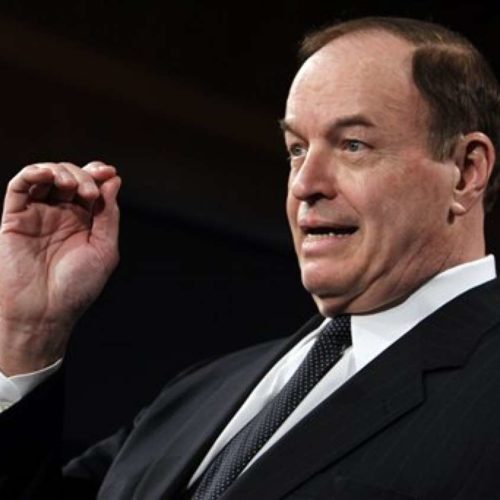Introduction
Senior senators took to the op-ed pages to defend and attack the Dodd-Frank reform law, which was signed into law one year ago today.
Richard Shelby of Alabama – the top Republican on the Senate Banking Committee — wrote in the Wall Street Journal that one of the key agencies created by the law, the Consumer Financial Protection Bureau, is running amok with unchecked powers. He criticized the law for creating the CFPB with a single director at the top, rather than a five-member commission, and also blasted what he described as a lack of congressional oversight of the CFPB.
“Unless Congress enacts reform, it is only a matter of time before this concentration of power is abused or misused to the detriment of American businesses and consumers,” Shelby wrote.
Over at The Hill, Democrat Tim Johnson, the chairman of the Senate Banking Committee, argued that critics of the Dodd-Frank law suffer a “strange amnesia” and seem to forget that the “worst financial crisis since the Great Depression […] didn’t just happen by itself.”
Johnson, who represents South Dakota, wrote that “complex problems require complex solutions” and that the reform law was meticulously created in a “thorough, transparent, and yes, bipartisan, process.”
State consumer laws preempted – The Office of the Comptroller of the Currency finalized a rule yesterday on when federal law can “preempt” or override state consumer protection laws for banking products and services.
The banking industry praised it for setting a consistent standard in all 50 states, but consumer groups and some Democrats say the comptroller’s version does not follow the intention of the Dodd-Frank reform law.
Fox Business reports that the rule is meant to eliminate ambiguity concerning preemption standards, and specifically eliminates overly broad language that says state laws which “obstruct, impair, or condition” a national bank’s powers are preempted. Lauren Saunders of the National Consumer Law Center, said the comptroller continues to “distort” the complex legal standard of preemption and “has long thumbed its nose at state efforts to protect consumers from abusive banking practices.”
Wall Street’s Plan B – Wall Street is making contingency plans for an unprecedented U.S. default on its debt, but even if House Republicans reach a debt deal before the White House’s Aug. 2 deadline, some financial experts fear the damage has already been done.
Banks are now examining their holdings to determine if they will retain their value, and hedge funds are considering the purchase of U.S. debt if other investors flee, the New York Times reports. Meanwhile, mutual funds are trying to persuade their boards that they should continue holding Treasury bonds even if U.S. debt is downgraded.
The efforts come amid increased volatility in stocks, while some investors say that the potential U.S. default – which would trigger a potential increase in the cost of doing business – has caused stock prices to fall.
Read more in Inequality, Opportunity and Poverty
Finance
Credit rater says new consumer agency is much-needed “medicine” for banks
Your Wall Street reform reading list for today
Finance
Spotlight on Richard Cordray: CFPB nominee faces stiff opposition in Senate
Your Wall Street reform reading list for today




Join the conversation
Show Comments